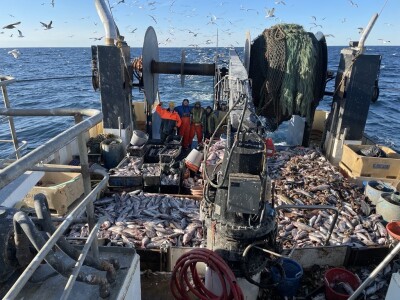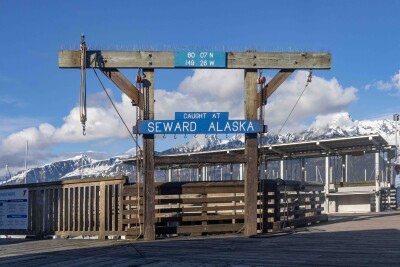Warming waters from climate change off the Atlantic coast are driving lobsters further north than ever before, disrupting fisheries and - for some - perhaps changing a way of life forever.
While the southern New England lobster fishery has all but collapsed, fishers in Maine, Prince Edward Island and even further north are benefiting from the crustaceans’ movement.
“I’ve seen enough of the charts to say the water’s warming, and if that’s climate change, it’s happening. It is happening,” says Beth Casoni, executive director of the Lobstermen’s Association of Massachusetts.
Casoni estimates some 30 fishers still trap lobster in southern New England, down from hundreds previously. The impacted areas include Southern Massachusetts, Rhode Island, Connecticut and New York.
At the same time the lobster fishing in Maine and north has exploded. Maine is seeing historically high landings now, roughly five times higher than it was back in the 1980s and ‘90s.
It’s a similar story in P.E.I., where lobster landings have gone from a low of 17.6 million pounds in 1997 to a high of 29.7 million pounds in 2014.
Off of Nova Scotia, fishers are calling the 2015-2016 season one of the best in the last decade and estimate the lobster catch at 75 million pounds.
There have even been reports of fishers trying to secure lobster fishing licences in the northern Gulf of St. Lawrence off of Quebec and Labrador - a cold-water region which previously hasn’t supported a lobster fishery.






